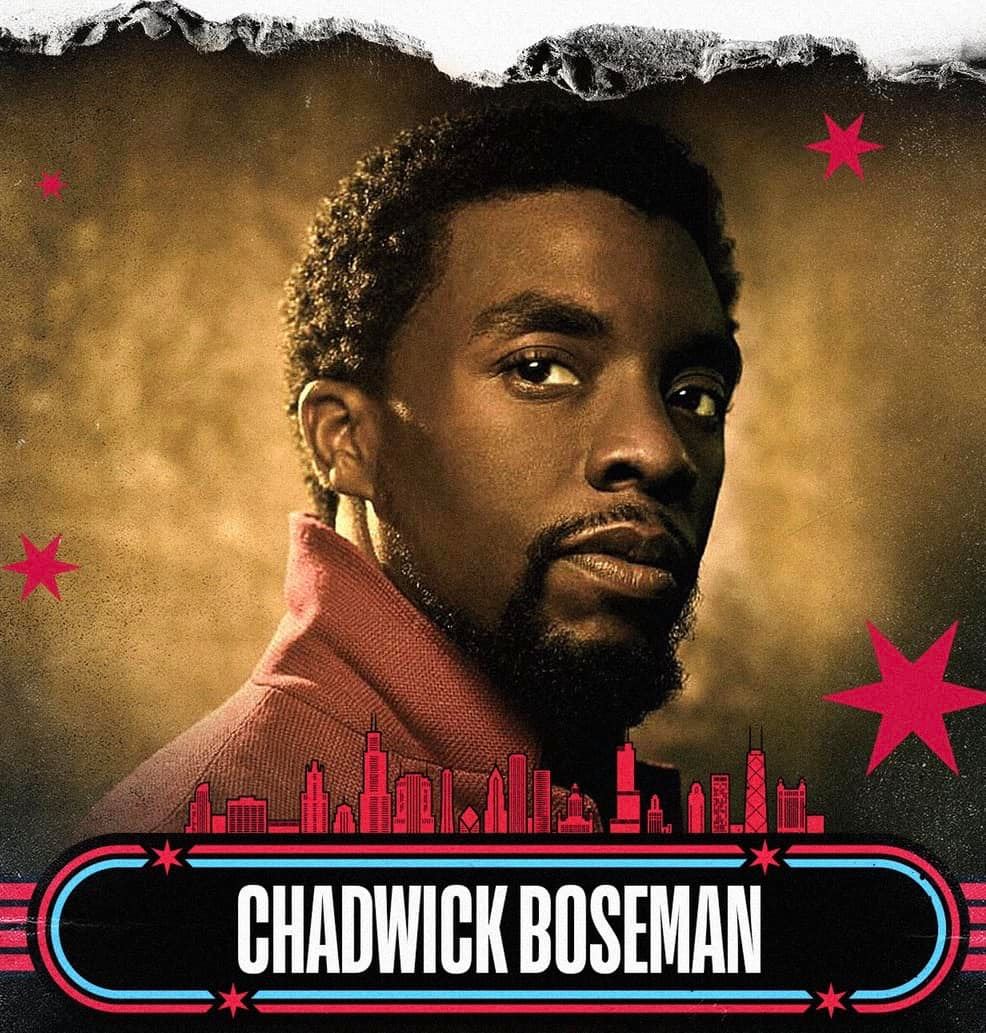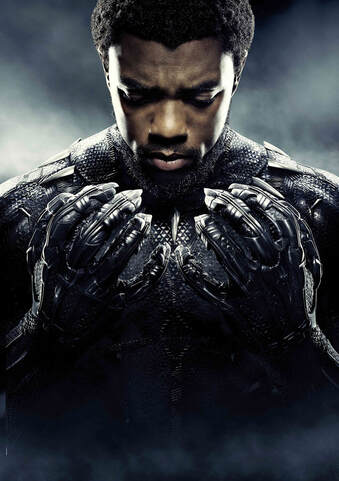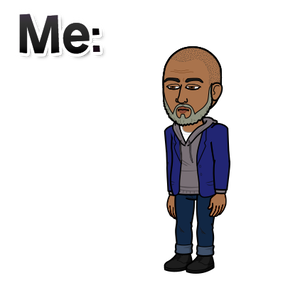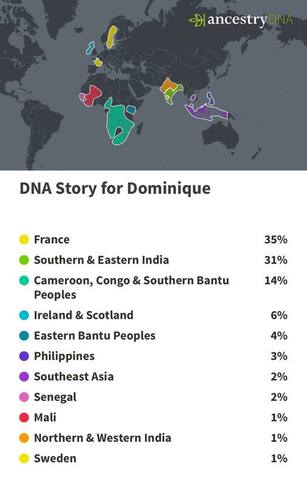|
R.I.P. Chadwick Boseman - 29th November 1976 to 28th August 2020. When I heard from my wife this morning that Chadwick Boseman had died, I was in shock. At first I thought she must have been referring to a different person, so I didn't think it was him. His family has lost a son and his wife a husband. He kept his illness from the world fighting a battle no one would ever want to fight. He was a hero to many through the characters he played in films, his biggest character being Black Panther in the Marvel Cinematic Universe.
I have had had my struggles with keeping things in and not discussing them with those around me. I would imagine we all have. We are scared what people may think. We are unsure of how they may react. Or sometimes we know how they will think and react and so do not say anything. I think this has been the case for me and many people. I write this on here as I know that many people of colour have struggled with speaking up about their feelings not just in relation to racial discrimination but many parts of their lives. This may be because of what they have been through when they were younger and how those feelings of hurt have stopped you from speaking up not just about discrimination but about anything. I would think, why should I speak up, no-one will do anything anyway.
1 Comment
I am brown not black. I am Mauritian. I am British. I am a teacher and a coach. I am confident and brave. I am intelligent and curious. I get happy and sad. I get nervous and worried. I get anxious yet I am proud. I am me.
The racist names that people called me were hurtful. When people called me these names, they intended to be hurtful. They wanted a reaction. They wanted to be racist. That’s why they used these names. For many years I have thought to understand my feelings about these scenarios I found myself in. I now realized that I wanted to disassociate and distance myself from the names they were calling me. I didn’t want to be those things they were calling me. I didn’t want to be associated with the regions of the world that were linked to those names. I didn’t come from there, so why should they be calling me these names. This is what I thought. This was part of my defence system. For many years I kept this stance. I was Mauritian. I was British. I was brown. I realised that people in this country had racist thoughts and ideas. I suppose I thought so long as I do not fit into the categories that they use when calling people those hurtful and derogatory names, I won’t be as hurt as people from the Indian sub-continent or the continent of Africa. I now believe I was wrong to think that way. During my teenage years I started to explore my identity. I knew my family’s heritage was quite varied. We were Mauritian French Creole. This usually meant some sort of mix with the ruling French hierarchy and those who were brought over from a variety of African countries as slaves. In the year 2000, I explored our family routes using an ancestry website. I tried to connect with others who may have some ideas or connections to my family. I wanted to find out ‘where I came from’. I found some information. It mainly led to what I had been told by my uncles, from their own research. My ancestry was a mixture of French, Italian and a mystery link to the colour in my family. Where did this colour come from? It seemed that is came from an eastern African country. I was never sure. I forgot about my research. The internet moved on and evolved. I continued with my life. I met my wife in 1999. We married in 2001. We had our first child in 2003 and our second in 2006. She is of Polish descent. Her father is Jewish. Our children have an interesting background. My daughter was born in China. When she was young, she told us she was Chinese. My son was born in England, when he was young, he said he was English. Who are they and where are they from? Do they need to identify with a particular country or colour? Why is it that we need to have a specific identity? In my previous school, I opened up this discussion when our librarian had a session for teachers to be ‘books’. It allowed teachers to be the story, about them, and have students ask them questions about the topic they were talking about. I decided to have my topic called ‘Where am I from?’ I told a brief story with some information. The information I provided was supposed to be ambiguous. I hoped that the brief explanation of my background would lead to questions. I had many questions during each session. The students wanted an answer. They wanted an identity for me. They wanted to know where I was from. I never had a clear answer for them. This was the point. Earlier this year, my wife and I decided to get our DNA tested by Ancestry.co.uk. I was sceptical. I wasn’t sure if the results would really tell where I came from or they would use my name and face to make judgements. Maybe they did.
I need to understand my ancestry. I need to get to grips with the make-up of my family background. I feel finding these answers may help with the struggles I have had. Some of the questions I may have not wanted an answer to. Would I then have to accept some of the references and links to the names I was called when I was younger? Would the strength of the name calling feel deeper? I am brown not black. I am Mauritian. I am British. I am a teacher and a coach. I am confident and brave. I am intelligent and curious. I get happy and sad. I get nervous and worried. I get anxious yet I am proud. I am me.
|
AuthorI am hoping that there will be an opportunity here for us to share our letters, petitions, discussion with organisations as we contact them and move forward with creating stronger outcomes for International Teachers of Colour. ArchivesCategories |




 RSS Feed
RSS Feed
